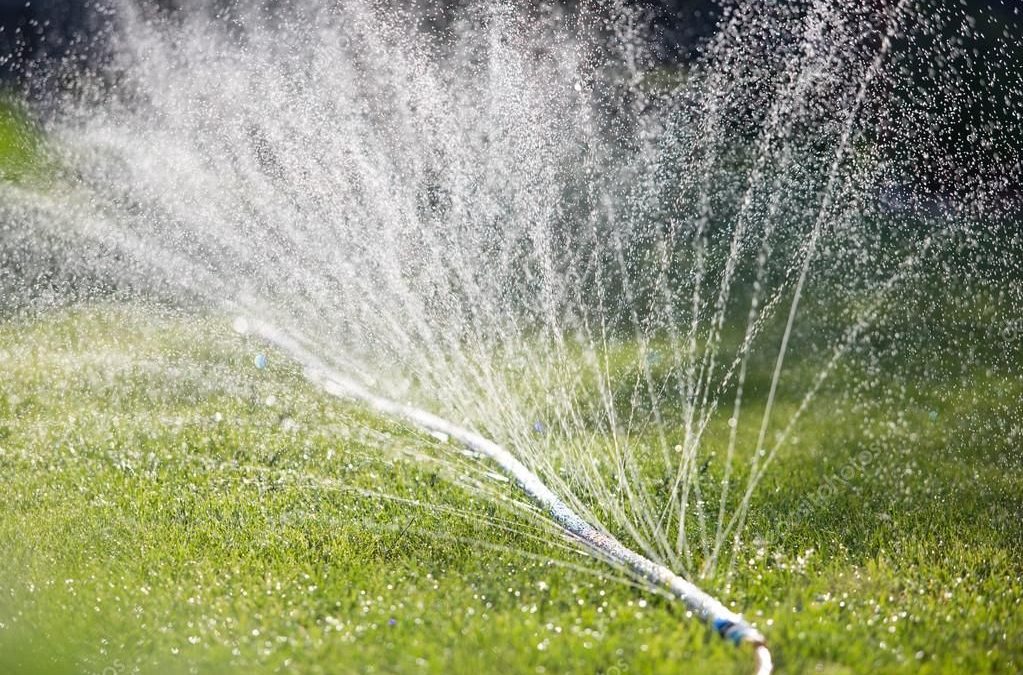In recent years, micro-drip irrigation has been increasingly used in the agricultural field, including drip irrigation and micro-sprinkler irrigation. One of the most widely used methods is on-site irrigation. In order to control costs and facilitate installation and use, irrigation hoses are usually used in farms. So what are the advantages of irrigation hoses? Let’s take a look together.
- The irrigation hose is made of high-quality polyethylene material. Compared with PE hard pipe, the pipe wall is thinner, easy to connect and use. Low cost, economical and practical, has been widely used in agricultural irrigation
- The irrigation hose has high strength, corrosion resistance, wear resistance and long service life. Our company produces a wide variety of hoses. Users can choose the appropriate drip irrigation tape according to the actual situation.
- Save labor and reduce production costs. In the irrigation system, water sources and crop irrigation areas are connected by using PE hoses and pumps, and irrigation hoses are used to replace traditional surface irrigation (ditch irrigation, flood irrigation, flood irrigation, etc.). Organically combine water sources and plantations. Greatly reduce labor input.
- Save water and improve the utilization rate of water and fertilizer. By using irrigation hoses to transport water and fertilizers, water and fertilizers can be directly transported to the soil near the roots of the crops, thereby reducing water loss and evaporation, and avoiding surface runoff and deep leakage during the production process, improving chemical fertilizers , Pesticide utilization rate.
The above is an introduction to the characteristics of irrigation hoses. I hope everyone will be helpful after understanding the characteristics of irrigation hoses.

